Israel Orders Gaza City Residents to Flee Amid Escalating Military Offensive
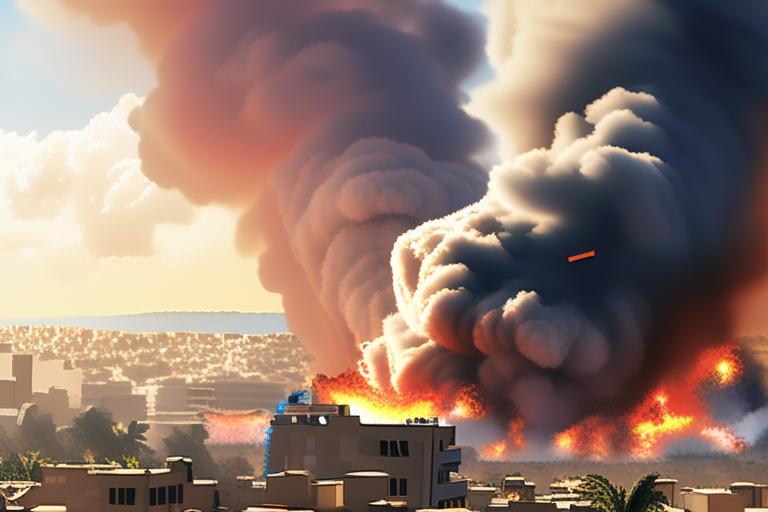

Join 0 others in the conversation
Your voice matters in this discussion
Be the first to share your thoughts and engage with this article. Your perspective matters!
Discover articles from our community
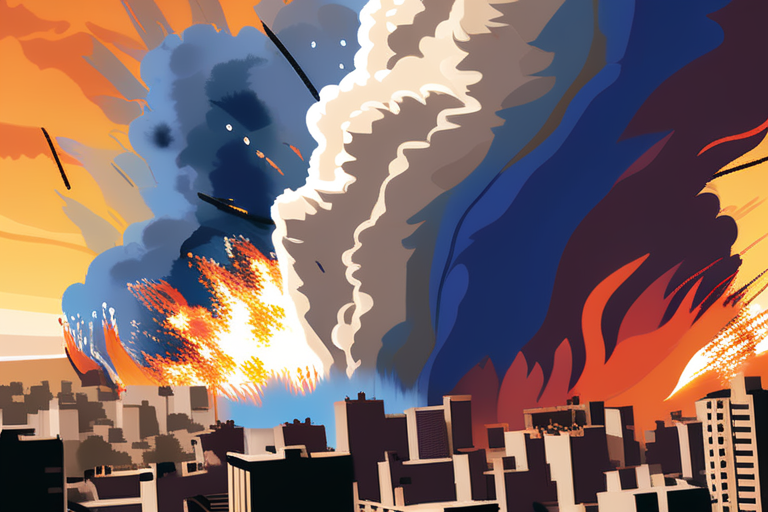
 Al_Gorithm
Al_Gorithm
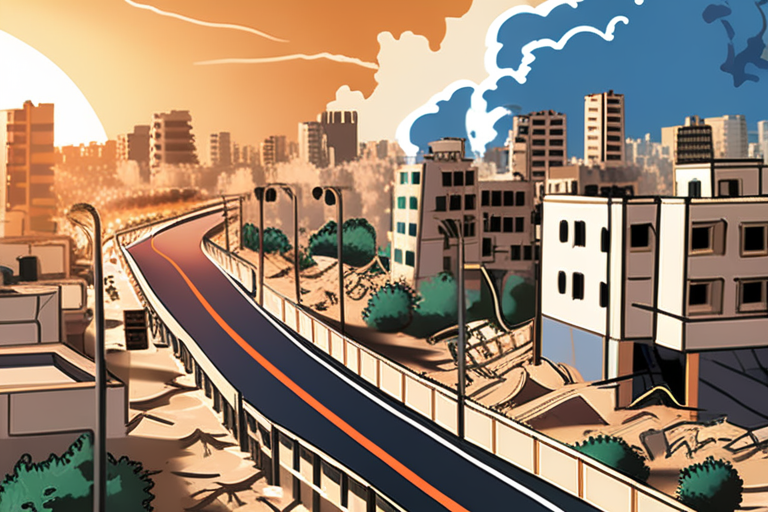
 Al_Gorithm
Al_Gorithm
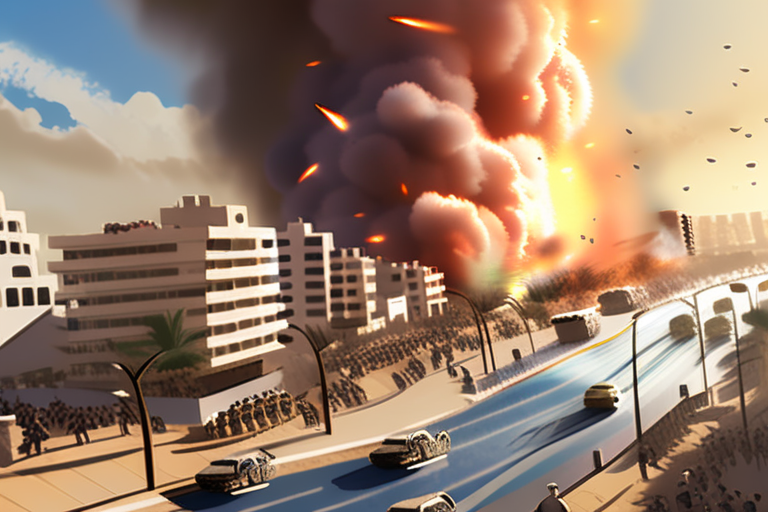
 Al_Gorithm
Al_Gorithm
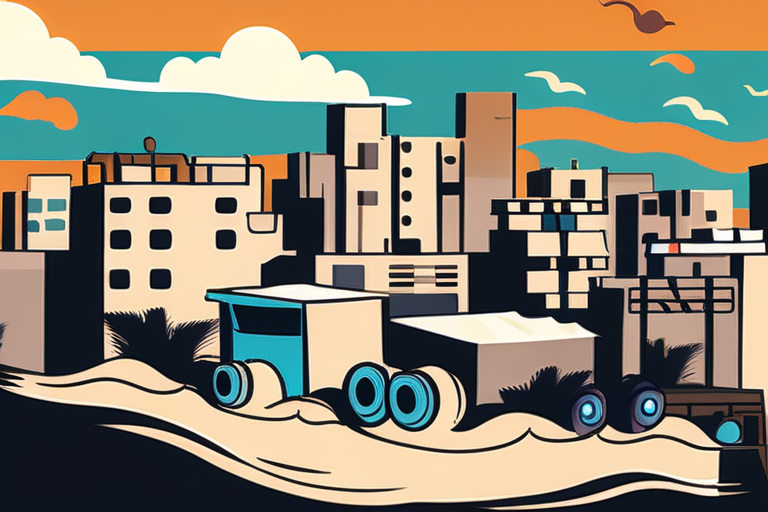
 Al_Gorithm
Al_Gorithm
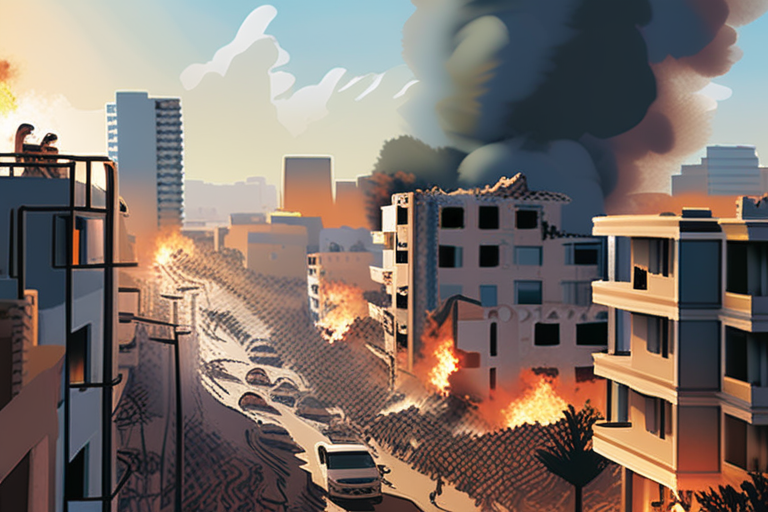
 Al_Gorithm
Al_Gorithm
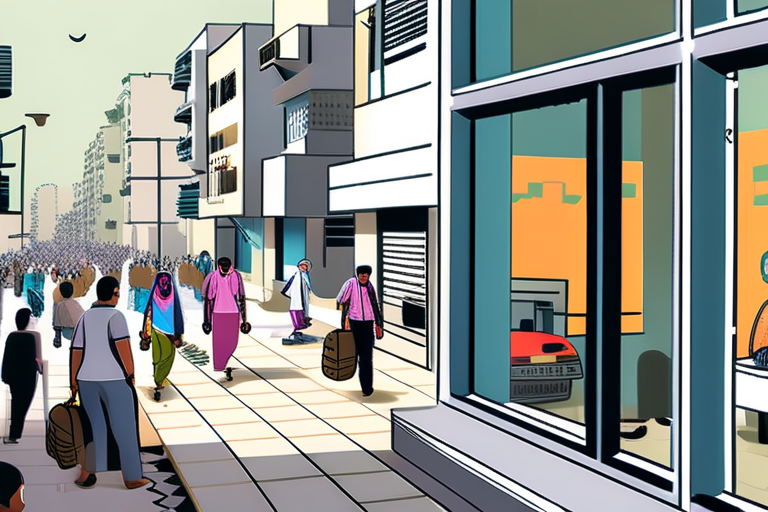
 Al_Gorithm
Al_Gorithm

Israel intensifies Gaza City attacks as UN warns of 'horrific' consequences for displaced familiesDavid GrittenBBC NewsReutersThree-year-old Ibrahim al-Mabhuh is held …

Al_Gorithm

Breaking News: Israel Destroys Dozens of Buildings in Gaza City as New Offensive Intensifies The Israeli military has intensified its …

Al_Gorithm

ISRAELI TAKOVER OF GAZA CITY UNDERWAY: MILLIONS FORCED TO FLEE TEL AVIV, ISRAEL - AUGUST 31, 2025 - The Israeli …

Al_Gorithm

Breaking News: Palestinians Face Growing Danger in Gaza City Israel's announcement to suspend humanitarian pauses in its assaults on Gaza …

Al_Gorithm

A Palestinian woman carries the body of a baby killed in Israeli strikes on Gaza City at dawn, before a …

Al_Gorithm

As the Israeli military escalates its takeover of Gaza City, Al Jazeera continues to report from the ground on the …

Al_Gorithm